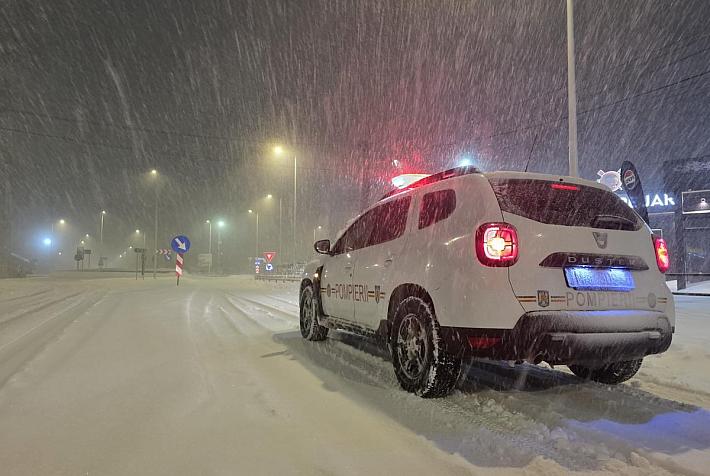Study: Romanians know they can recycle electronic waste, but very few do it

Some 60% of Romanians who live in urban areas say they separate waste for recycling, mainly plastic, paper, glass and metallic products, according to the Attitudes and habits concerning electrical and electronic waste conducted by GBD Research for Ecotic. But only 4% separately collect electrical and electronic waste, while 87.5% of respondents know that they can recycle this kind of waste.
When asked “Why do you think electrical waste should be recycled?”, most of Romanians relate to the re-use of materials – 38%, environmental reasons – 36% and to repairing and putting back into use – 15%.
The study reveals that only 36% of respondents have actually turned in electrical waste to licensed entities, such as specially arranged centers in different areas of the city (over 30% took the electrical waste in such places), in stores when buying a new product (26%), and specialized firms (13%). According to the study, 6% gave such waste to people who periodically pass through residential areas to collect scrap iron.
The most common waste equipment Romanians recycle are TV sets– 49%- refrigerators – 33% and washing machines – 28%.
Of the 64% of respondents who don’t give electrical waste to licensed operators, 27% say they give it to people who collect scrap iron waste on the streets, 26% keep them in their homes and 34% give them to friends or relatives. Most of them say they keep electrical waste for parts or because they intend to repair them, that they don’t know about any disposal facilities nearby, they don’t know what to do with them or that they can be recycled. Others say they just lack the time.
Romania should collect 4 kg of electrical waste per year per person for recycling, according to EU quotas, but the recorded results don’t exceed 1.5 kg per capita.
Data for the survey was collected between August 10 and August 31, on a sample of 1,000 people from the urban area, aged between 15 and 65.
Irina Popescu, irina.popescu@romania-insider.com












